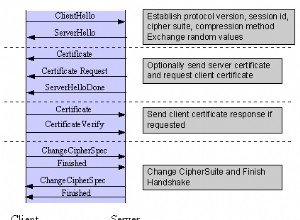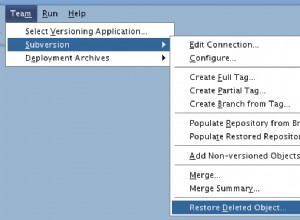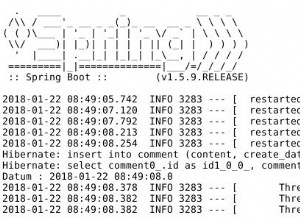Meu palpite é que o ThreadPoolExecutor não é o que está criando a conexão do banco de dados, mas os trabalhos encadeados são os que mantêm a conexão. Já tive que lidar com isso.
Acabei construindo esse wrapper, para garantir que os threads sejam fechados manualmente sempre que os trabalhos forem feitos em um ThreadPoolExecutor. Isso deve ser útil para garantir que as conexões não vazem, até agora não vi nenhum vazamento ao usar este código.
from functools import wraps
from concurrent.futures import ThreadPoolExecutor
from django.db import connection
class DjangoConnectionThreadPoolExecutor(ThreadPoolExecutor):
"""
When a function is passed into the ThreadPoolExecutor via either submit() or map(),
this will wrap the function, and make sure that close_django_db_connection() is called
inside the thread when it's finished so Django doesn't leak DB connections.
Since map() calls submit(), only submit() needs to be overwritten.
"""
def close_django_db_connection(self):
connection.close()
def generate_thread_closing_wrapper(self, fn):
@wraps(fn)
def new_func(*args, **kwargs):
try:
return fn(*args, **kwargs)
finally:
self.close_django_db_connection()
return new_func
def submit(*args, **kwargs):
"""
I took the args filtering/unpacking logic from
https://github.com/python/cpython/blob/3.7/Lib/concurrent/futures/thread.py
so I can properly get the function object the same way it was done there.
"""
if len(args) >= 2:
self, fn, *args = args
fn = self.generate_thread_closing_wrapper(fn=fn)
elif not args:
raise TypeError("descriptor 'submit' of 'ThreadPoolExecutor' object "
"needs an argument")
elif 'fn' in kwargs:
fn = self.generate_thread_closing_wrapper(fn=kwargs.pop('fn'))
self, *args = args
return super(self.__class__, self).submit(fn, *args, **kwargs)
Então você pode simplesmente usar isso:
with DjangoConnectionThreadPoolExecutor(max_workers=15) as executor:
results = list(executor.map(func, args_list))
...e tenha certeza de que as conexões serão fechadas.




